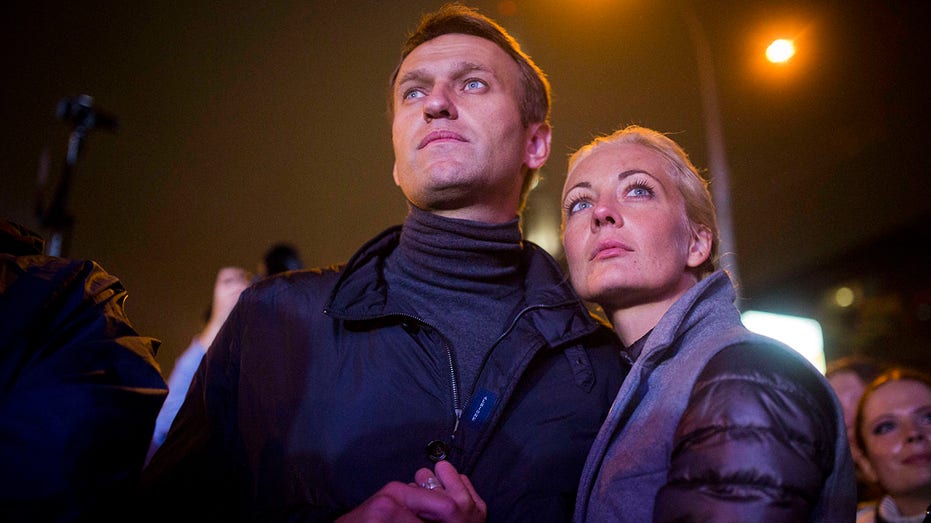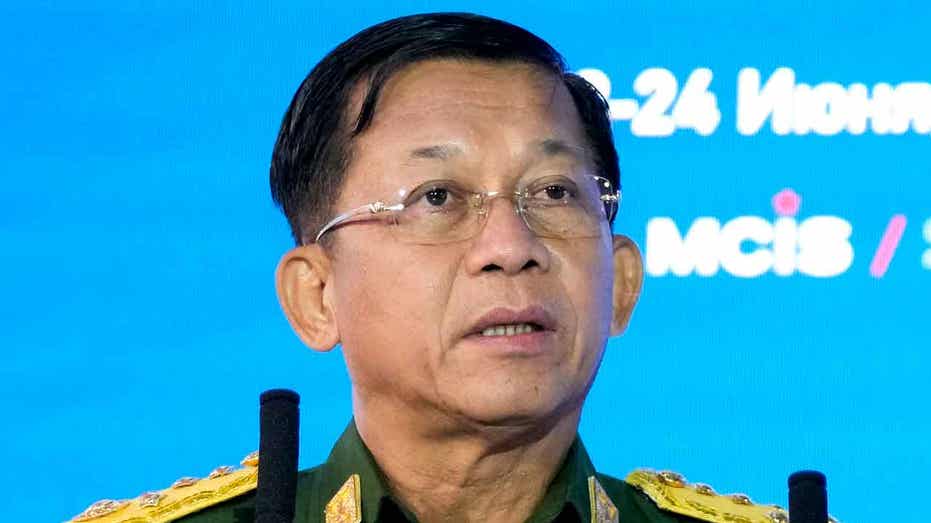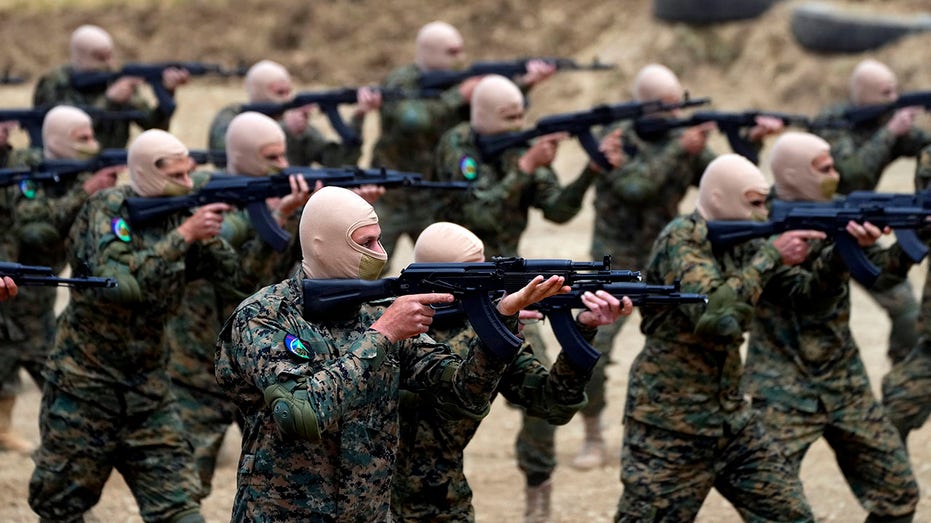Russia refuses EU 'demands' for independent postmortem for Alexei Navalny
Russian officials are refusing to conduct a third-party postmortem relating to the death of opposition leader Alexei Navalny.

Russian officials refused demands from the European Union (EU) that they agree to an independent postmortem for Alexei Navalny, the Russian opposition leader who died in prison this weekend.
The EU had argued on Monday that Russia "must allow an independent and transparent international investigation into circumstances of his sudden death." The group added that Navalny's death is only the latest sign of growing "systematic repression" in Russia.
A spokesman for Russian President Vladimir Putin brushed off the demand in a statement to reporters on Tuesday, saying, "Moscow does not accept such demands."
Russian officials have similarly refused to offer details of Navalny's death, even to his family. Navalny's mother and wife have been rebuffed in their demands that officials turn over his body.
BIDEN, AFTER NAVALNY'S DEATH, SAYS ‘NO DOUBT’ THAT ‘PUTIN AND HIS THUGS' WERE BEHIND IT
"Behind me is the penal colony IK-3 ‘Polar Wolf,’ where on February 16th, my son Alexei Navalny died. For the fifth day, I can’t see him, they don’t give me his body, and they don’t even tell me where he is," his mother, Lyudmila Navalnaya, said.
"I am addressing you, Vladimir Putin. The solution to the issue depends only on you. Let me finally see my son," she added. "I demand that Alexei’s body be immediately handed over so that I can bury him humanely."
Navalny's body was reportedly found with "signs of bruising" this weekend, and government officials told his mother on Saturday that Navalny died of "sudden death syndrome."
NAVALNY SEEN GRINNING, LAUGHING IN COURTROOM VIDEO A DAY BEFORE HIS DEATH
Sudden death syndrome is a broad medical term that is not a formal condition or diagnosis. It rather refers to a wide range of scenarios that lead to sudden and unforeseen death.
Navalny had previously organized anti-government demonstrations and ran for office to advocate for reforms against what he called corruption in Russia. He was the victim of an alleged assassination attempt in 2020 when he suffered poisoning from a suspected Novichok nerve agent.
Fox News' Greg Norman contributed to this report.
What's Your Reaction?
















